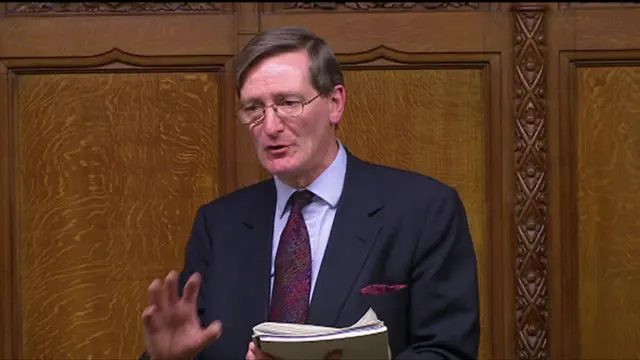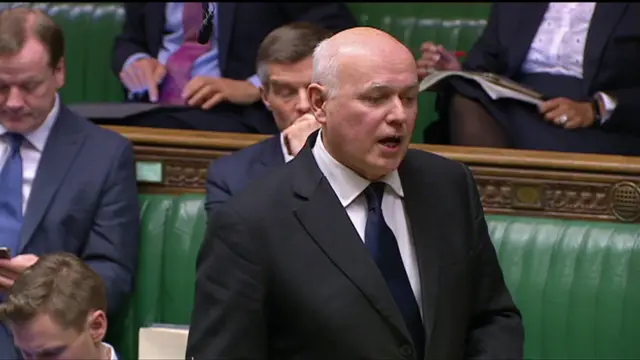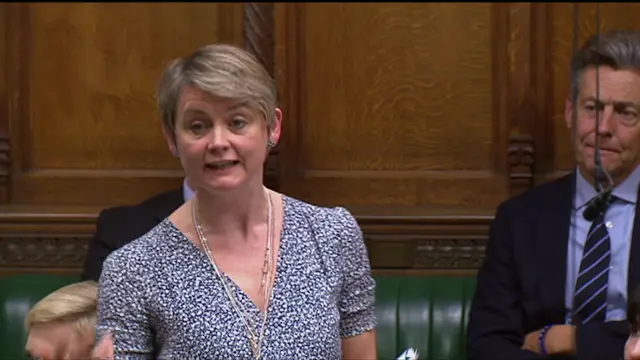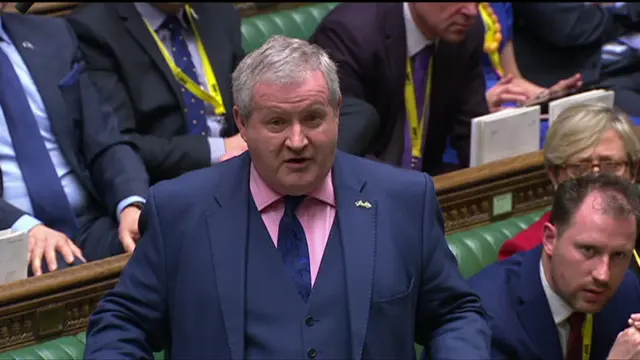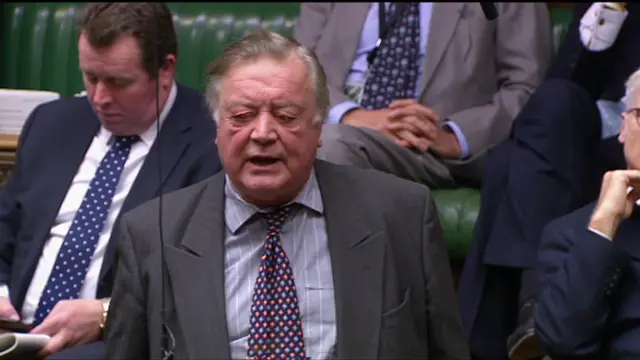What is the Grieve amendment?published at 16:55 GMT 29 January 2019
Conservative MP Dominic Grieve's amendment (g) would suspend Standing Order 14(1) (which gives government business priority) on six days.
On each of those days a motion saying that the House has considered the UK’s departure from, and future relationship with, the EU will be first item of business. Although the motion will be ‘neutral’, the relevant Standing Orders will not apply so that it will be amendable by MPs.
After six and a half hours, amendments will be voted on before the motion itself.
What does this mean?
The amendment would force the government to make time for MPs to discuss a range of alternatives to the prime minister's Brexit plan on six full days in the Commons before 26 March.
MPs would be able to table amendments to be voted on at the end of the debate, which could include alternative Brexit options such as Labour's plan, a second referendum, no deal and the Norway-style relationship preferred by some MPs.

